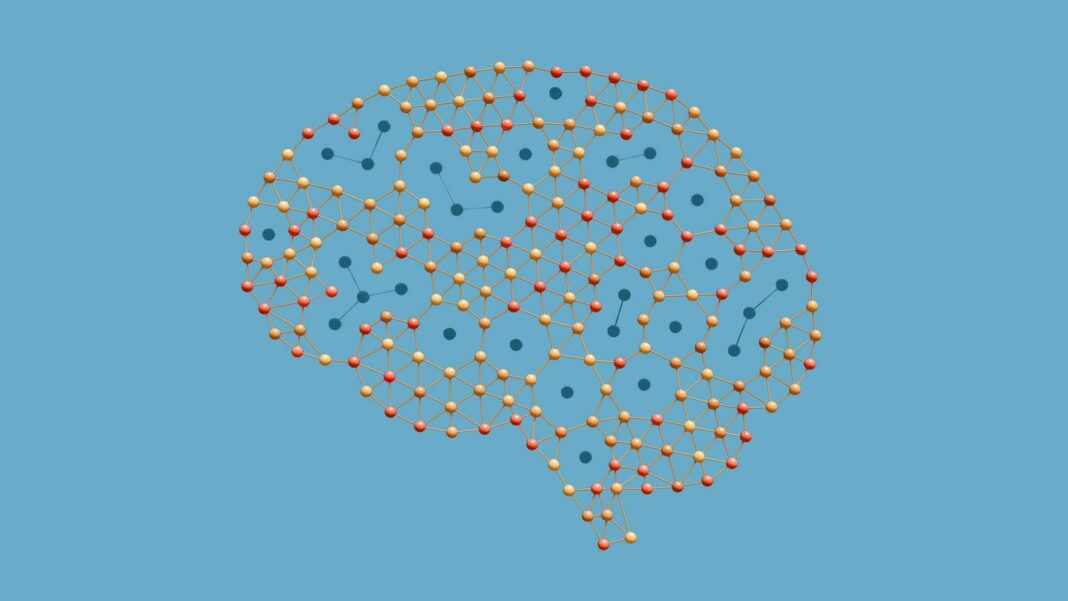Neuroplasticity: What Is Its Role in Cognitive Health?
Neuroplasticity, also known as brain plasticity, refers to the brain’s ability to reorganize itself by forming new neural connections throughout life. This phenomenon plays a crucial role in cognitive health and function. Research has shown that neuroplasticity is involved in learning, memory, behavior, and recovery from brain injuries.
The Science Behind Neuroplasticity
Neuroplasticity occurs at the cellular level in the brain. When we learn new things or experience new situations, our brain forms new connections between neurons. This process, known as synaptic plasticity, strengthens existing connections and creates new ones. The brain can also reorganize itself by changing the strength of existing connections or by forming new ones in response to changes in the environment.
Neuroplasticity and Cognitive Health
Neuroplasticity is essential for maintaining cognitive health and function throughout life. As we age, our brains undergo changes that can affect our memory, attention, and other cognitive abilities. By engaging in activities that promote neuroplasticity, such as learning new skills, staying physically active, and engaging in social interactions, we can help maintain and improve our cognitive health.
Benefits of Neuroplasticity for Cognitive Health
- Improved memory and learning abilities
- Enhanced problem-solving skills
- Increased cognitive resilience and flexibility
- Quicker recovery from brain injuries
How to Promote Neuroplasticity
There are several ways to promote neuroplasticity and support cognitive health:
- Engage in lifelong learning and intellectual challenges
- Stay physically active through exercise and movement
- Maintain a healthy and balanced diet
- Get quality sleep to support brain function
- Cultivate social connections and relationships
Conclusion
Neuroplasticity is a fascinating and essential aspect of brain function that plays a significant role in cognitive health. By understanding the science behind neuroplasticity and taking steps to promote it, we can enhance our cognitive abilities, improve our memory and learning skills, and maintain brain health as we age.
FAQs
What is neuroplasticity?
Neuroplasticity, or brain plasticity, refers to the brain’s ability to reorganize itself by forming new neural connections throughout life.
How does neuroplasticity affect cognitive health?
Neuroplasticity is essential for maintaining cognitive health and function by supporting memory, learning, and other cognitive abilities.
What are some ways to promote neuroplasticity?
Engaging in lifelong learning, staying physically active, maintaining a healthy diet, getting quality sleep, and cultivating social connections are all ways to promote neuroplasticity and support cognitive health.




